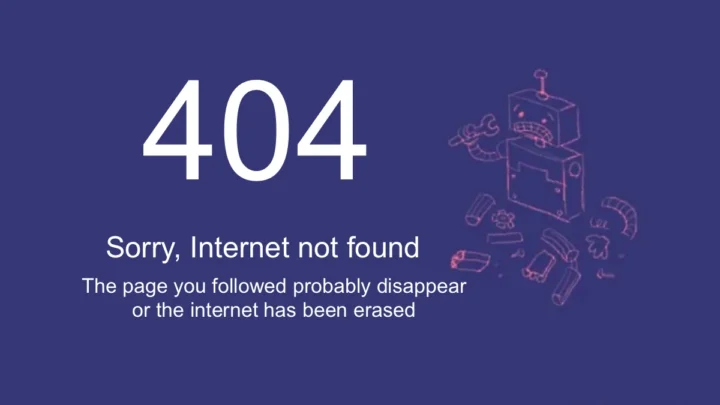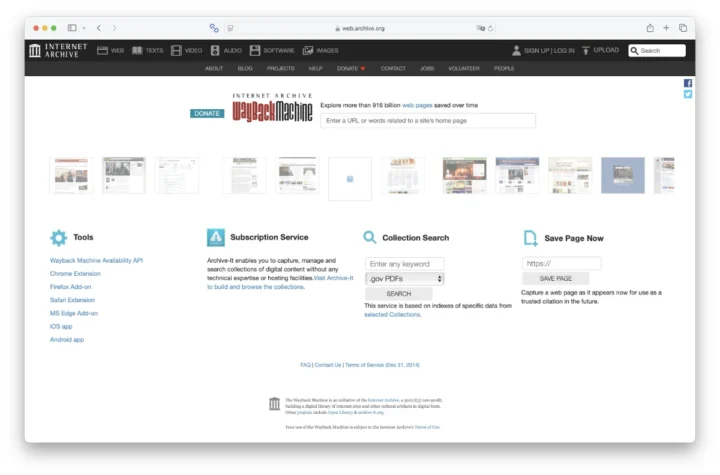The numbers are clear: 38% of web pages published up to 2013 have already disappeared. The same happened with 25% of those published in the past decade. The race is on to preserve this digital history, but it is not easy.

It's a common saying that the speed at which everything moves on the Internet is tremendous. It is also common to say that once on the Internet, you will stay online forever. After all, it seems that this is not the case. Many pages that many people might access over and over again disappear without leaving a significant digital footprint.
Therefore, digital archiving platforms face a race against time to preserve the vast amount of information that disappears from the Internet every year. It's just that a Last investigation It reveals that 25% of Web pages published between 2013 and 2023 have already disappearedM.

Source: Pew Research Center analysis of a random set of URLs collected by the Web Common Crawl repository (n=999,989) and verified using page response codes and DNS. Web pages were defined as inaccessible if they returned a status code of 204, 400, 404, 410, 500, 501, 502, 503, 523 or did not return a valid status code. "When online content disappears"
the Internet Archivea non-profit organization, played a vital role in this effort, with the goal of preserving a wide range of digital content. Founded in 1996, it has archived more than 866 billion web pages, as well as books, videos, and other cultural materials.
But the truth is that Humanity's digital history is at risk due to the fragility of the Internet. Unlike physical artifacts such as ancient manuscripts or historical books, online content is ephemeral.
Businesses close, websites are shut down, and important information disappears in a constant cycle. This problem has become more pronounced over time, with 38% of web pages that existed in 2013 no longer being accessible.

The problem extends to governments
Even government institutions are not immune to this phenomenon. The study shows that One in five government websites contains broken linksWhich threatens the integrity of information that should be preserved for future generations.
More than half of the articles in Wikipedia We also face this problem, which means that the sources mentioned may not be available for consultation.
However, archiving efforts face significant challenges. Organizations struggling to preserve this digital history are exposed to financial problems, cyber attacks and legal battles, especially with companies that do not want their intellectual creations to be stored for free.

The Internet Archive, for example, uses its project Wayback machine To capture multiple versions of a page over time, allowing the public to access previous versions of websites, often for free.
In addition to the Internet Archive, other organizations, such as the US Library of Congress, have their own archiving projects, preserving government websites and news. There are also specific efforts in certain regions, such as the UK, where the British Web Archive takes a snapshot of the British Internet annually.
With rapid technological advancement, most of our social, cultural and intellectual lives have moved to the virtual space.
That's why Keeping a digital record of our times is essential for future generations to understand the era in which we liveJust as we study historical documents today.

